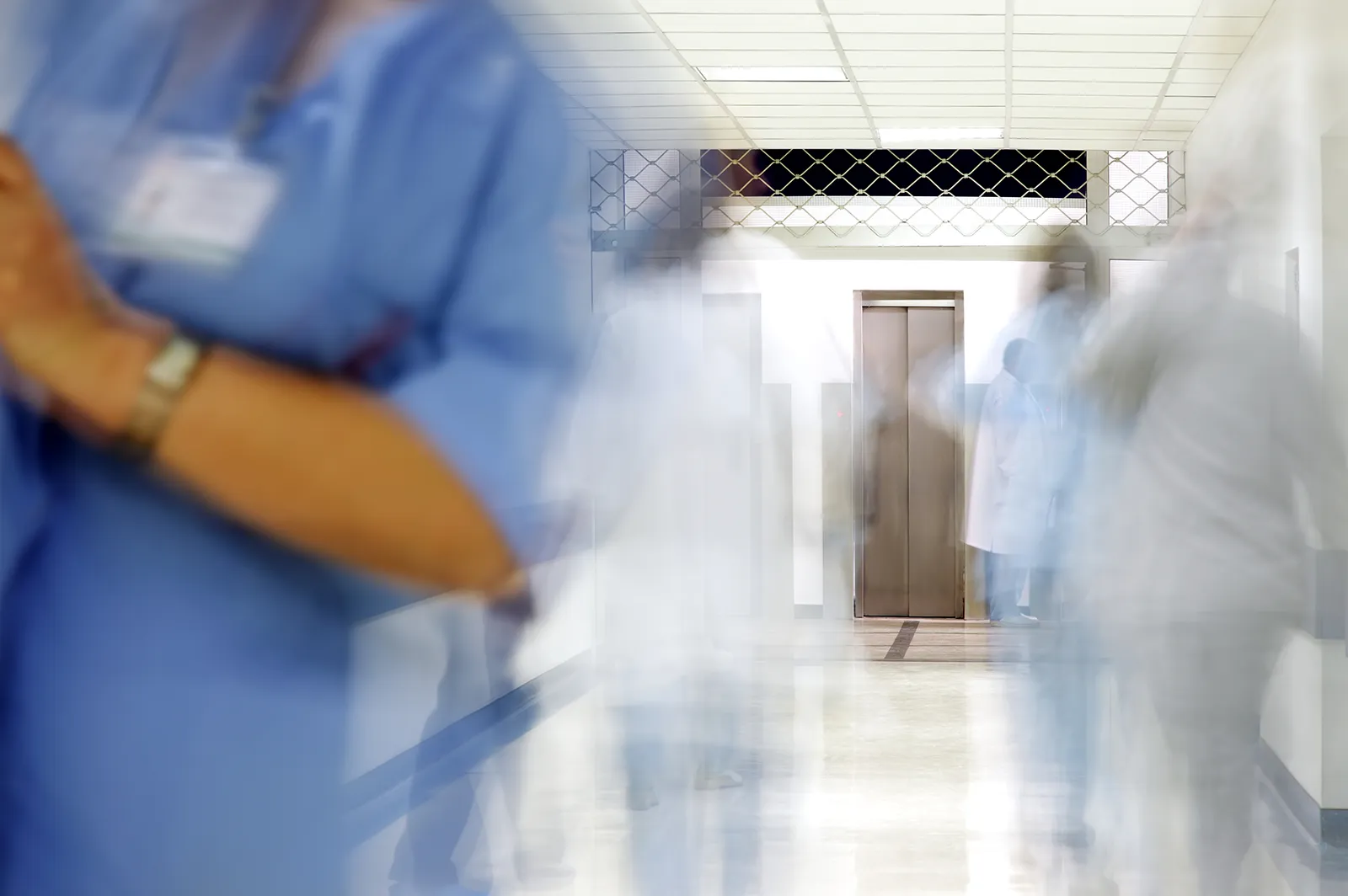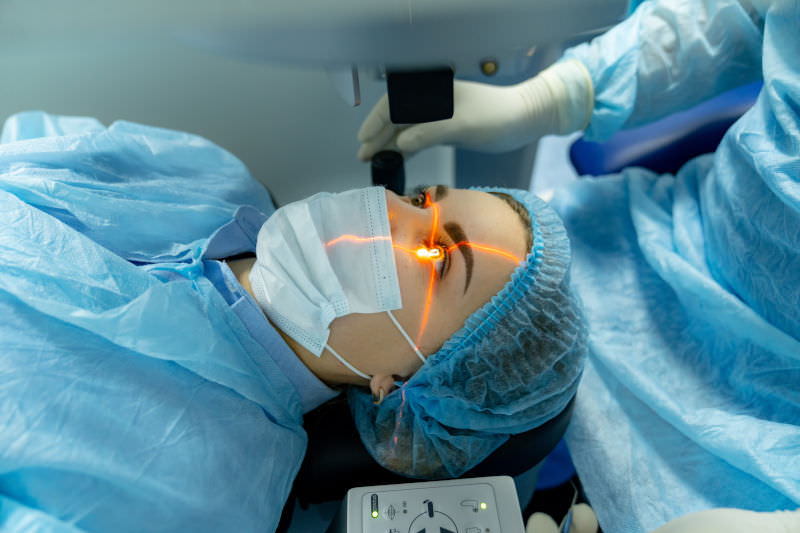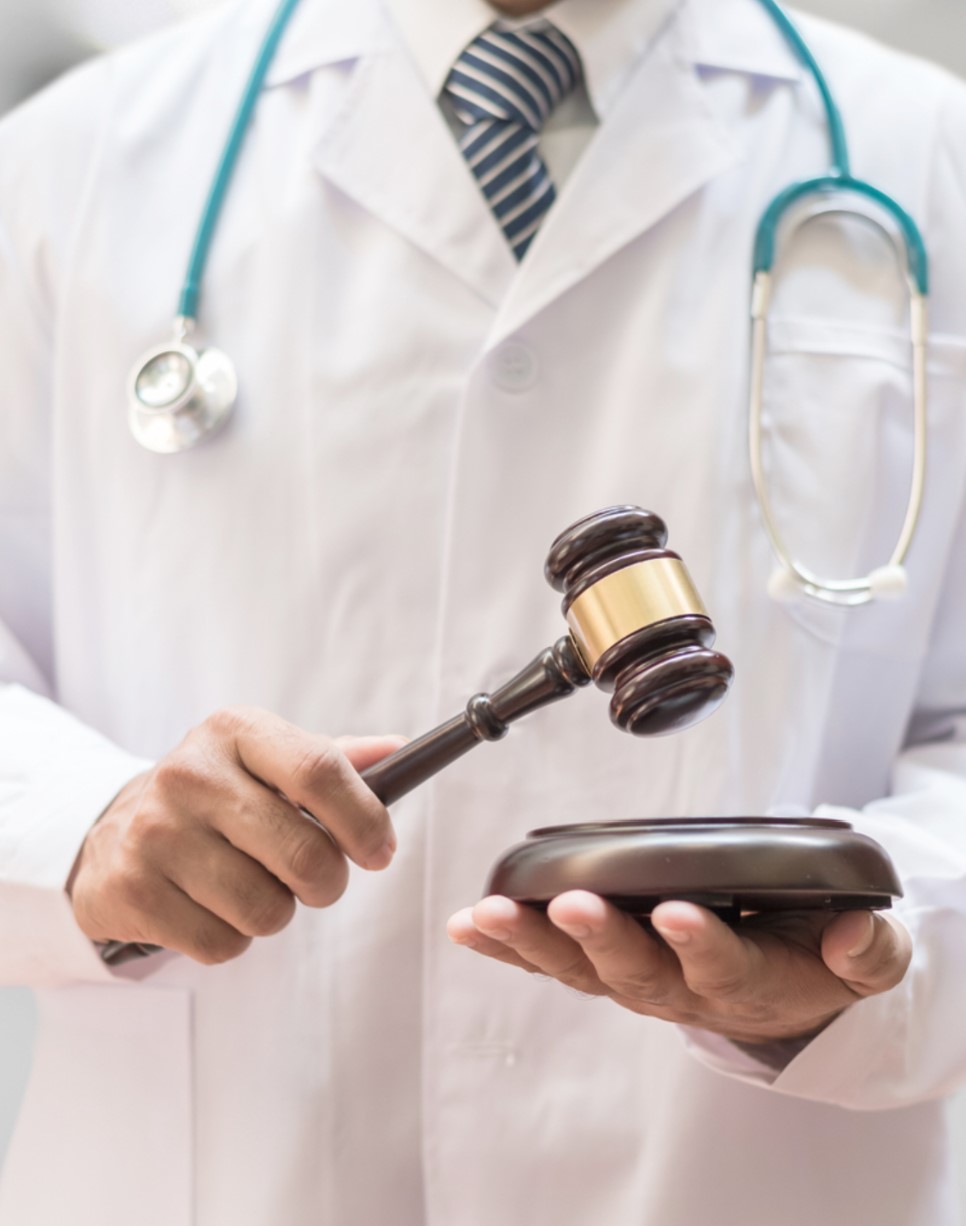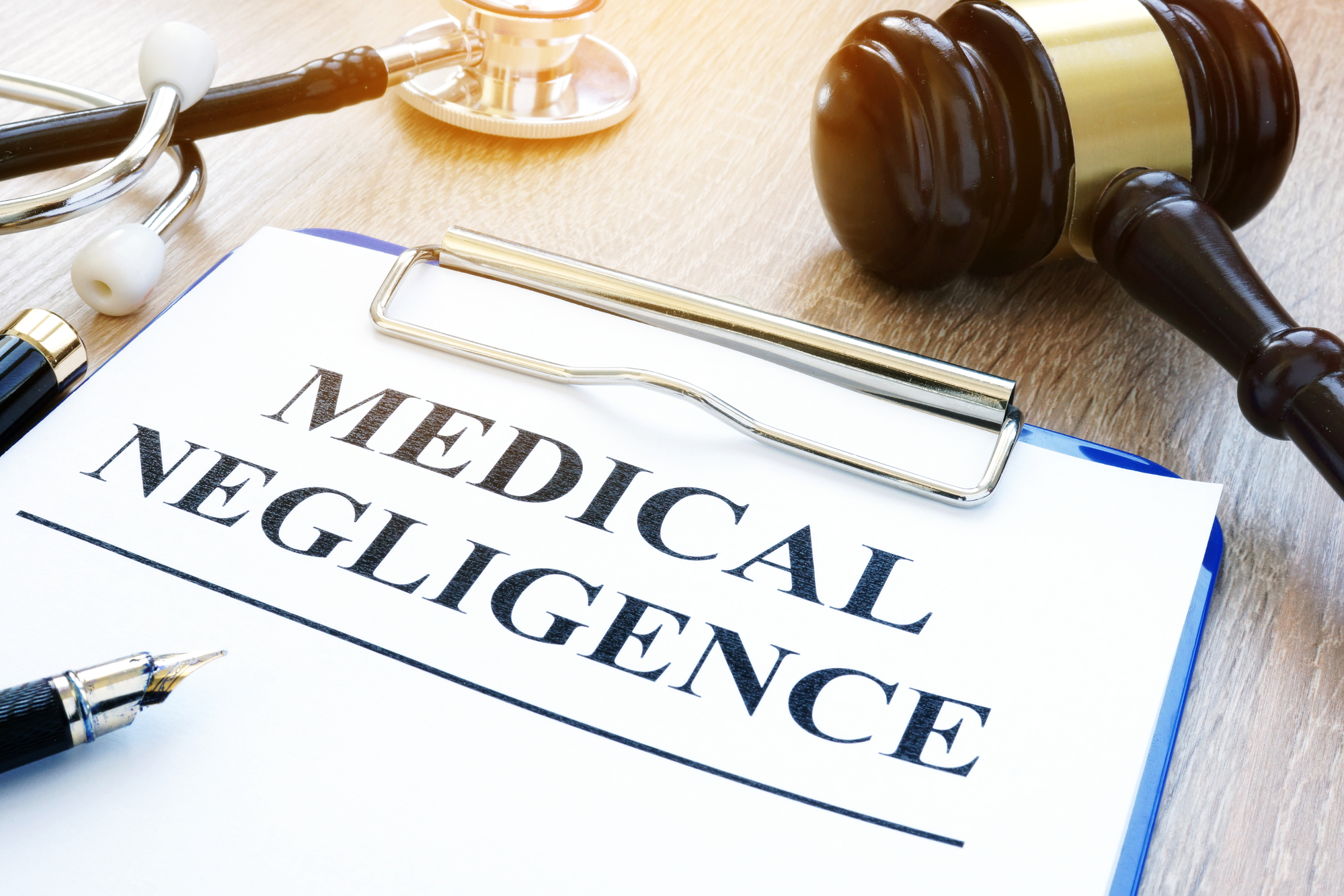Medical negligence can have a huge impact on the lives of its victims. Yet the term sounds so formal and impenetrable, conveying none of the human suffering it so often leads to. It sounds – for want of a better word – clinical.
In this new series of blog posts, we aim to give the term more of its human context, looking at some of the ways in which medical negligence can occur through real life news stories and events.
Certain parts of the media love to demonise medical negligence claims as putting extra pressure on an already-struggling NHS. But for victims of medical negligence, claiming compensation may represent the only way of getting their life back on track. It is hoped that through highlighting recent stories, we can help to promote a more humane perspective on medical negligence.
Psychological symptoms following serious injuries
Psychological symptoms are an aspect of suffering following a personal injury which is often overlooked.
Common psychological effects after a personal injury are low mood, anxiety and depression, and sometimes the severity of an accident itself can cause the development of conditions such as post-traumatic stress disorder. In extreme cases, psychological effects can even result in suicidal thoughts or attempts to commit suicide.

Their report found a number of failures, in particular with regard to identifying and assessing risks of suicide within seriously injured people. The report also noted that there was a lack of implementing lessons learned from one serious incident across the NHS as a whole, often being confined to only the NHS Trust in which the incident occurred.
Faulty medical implants
A recent story by the Guardian suggests that poor regulation and testing are responsible for thousands of faulty medical implants and devices being allowed onto the market.
This includes:
- Artificial hips
- Pacemakers
- Contraceptive devices
- Breast implants (more on this below)
Between 2015 and 2018, there were 62,000 reports made to regulators of “adverse incidents” linked to medical devices and implants. A significant proportion of these caused serious injury, and in some cases even death.
Being fitted with a faulty medical implant can form the basis of a medical negligence claim. Hospitals which fit such implants, perhaps without proper discussion with a patient over the potential risks involved, or which do not adequately investigate the potential risks themselves, could be in breach of their duty of care towards their patients.
There could also be the possibility of claiming against the manufacturers of such medical implants, for the harm their products have caused. In particular, where the manufacturers have knowledge of defects or dangers in their medical products but continue to supply them irresponsibly to the market.
These kinds of claim however are often complicated. If you are unfortunate enough to be affected by a faulty medical implant, you should always seek legal advice from a specialist medical negligence solicitor.
Safety concerns over breast implants
A global investigation into the safety of breast implants has also identified some cause for concern. Although the proportion of reported injuries caused by breast implants are low, they still represent significant numbers.
In the UK, there have been over 1,200 serious injuries linked to breast implants since the beginning of 2015. However, there have also been calls for greater tracking of breast implant safety, with the suggestion that deficiencies in monitoring could be concealing a greater risk.
Complications following a breast implant can include pain, psychological symptoms, allergic reactions and ruptures of the implant. These may mean that corrective surgery is then required.
Also, aside from the risk of unsafe implants, there is always the potential of surgical errors when undergoing any kind of surgery.
Deaths caused from medication errors
Earlier in the year, a government report found that NHS prescription errors contribute to as many as 22,300 deaths a year. The scale of medication errors, an estimated 230 million errors a year, is also alarming.
The researchers believed that almost 75% of these errors would not be harmful to patients or would be corrected before harm was caused but, even so, the scale of the NHS means that significant numbers of people could still be affected.
The report also noted that there was no evidence to suggest the NHS was worse than any other health system in this regard, but still recommended that better processes to identify and prevent errors should be implemented.
GPs, hospitals and pharmacies all owe a duty of care to the patients which use their services. If they fail in this duty – perhaps by prescribing the wrong medication, making up a prescription incorrectly or overlooking a patient’s condition which could make certain medication dangerous – affected patients may be entitled to compensation for the harm which they suffer as a result.
If you have been affected by any of the situations above, get in touch with Truth Legal for specialist medical negligence advice.
Further Reading
From one of the UK’s most read legal blogs.










